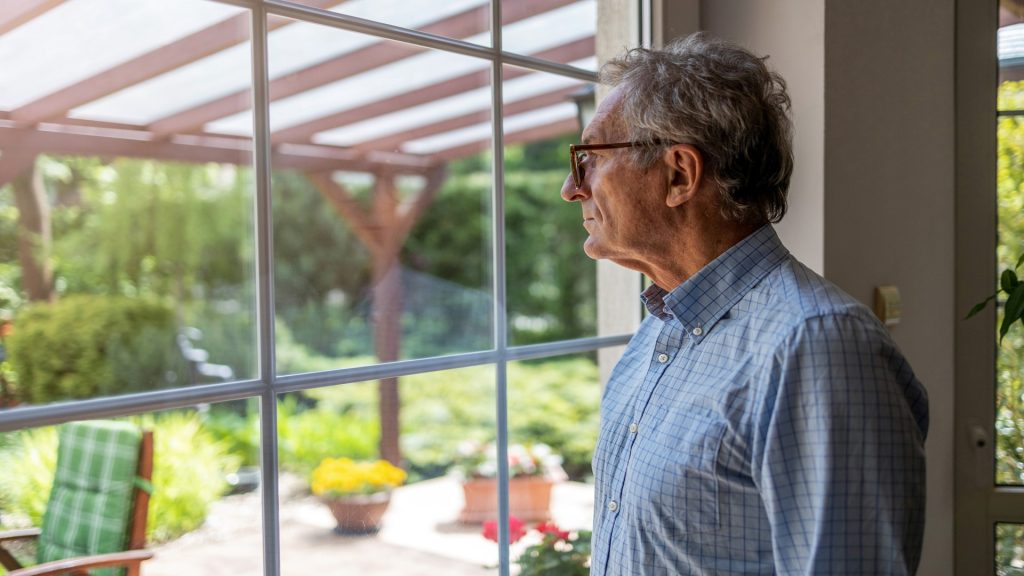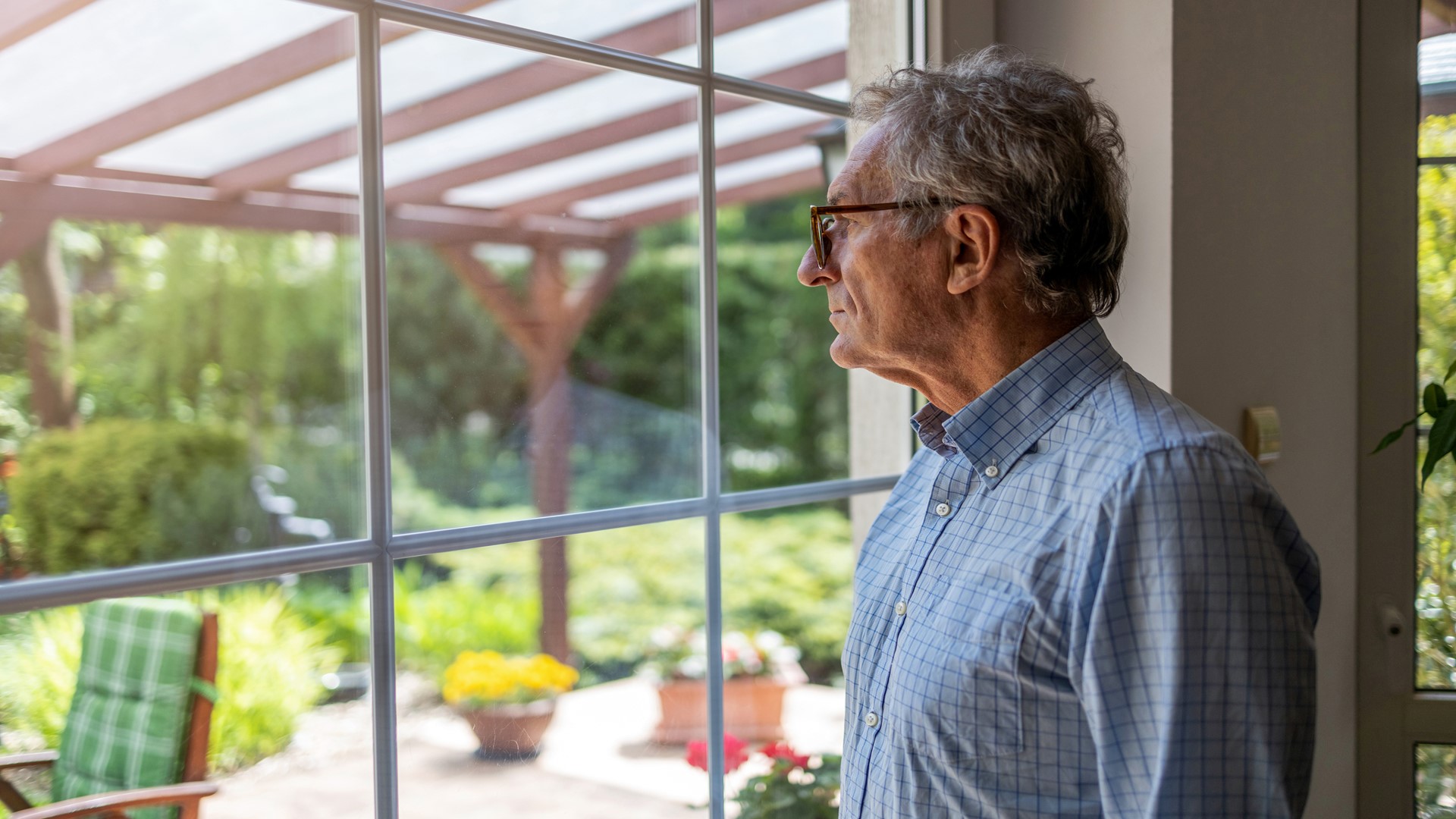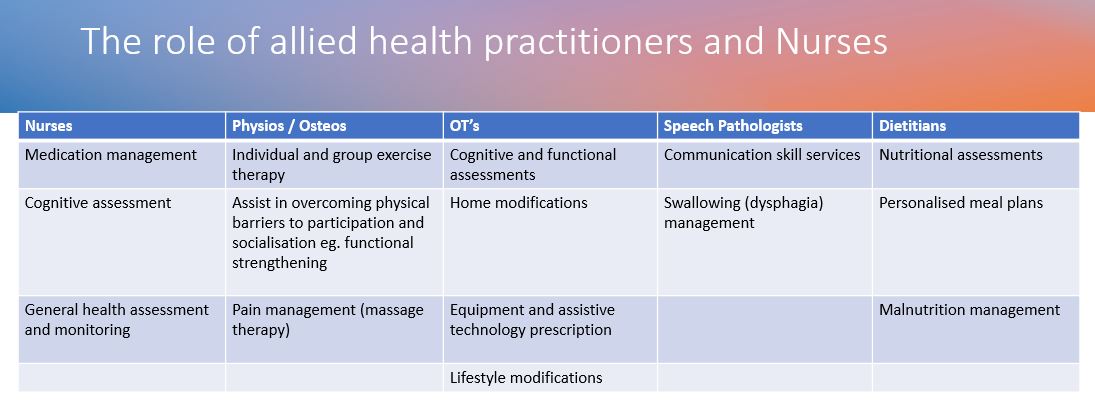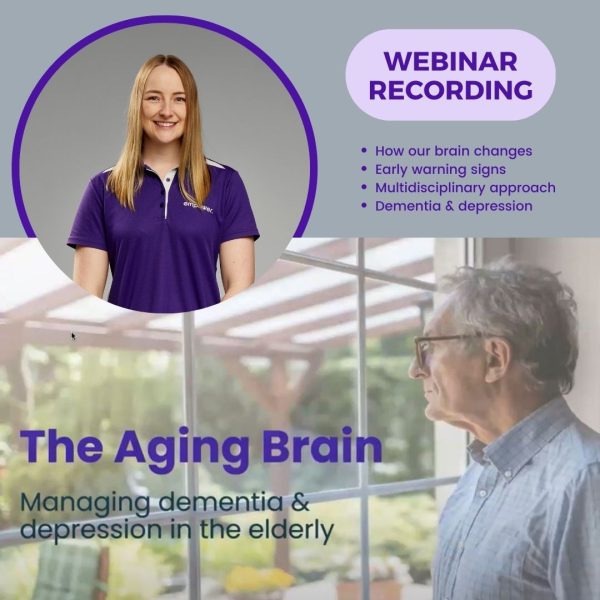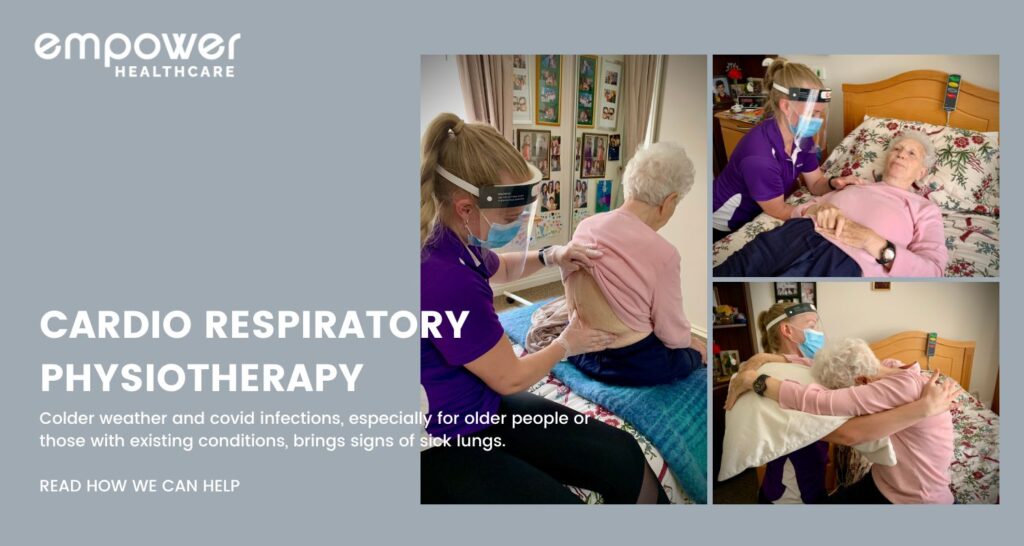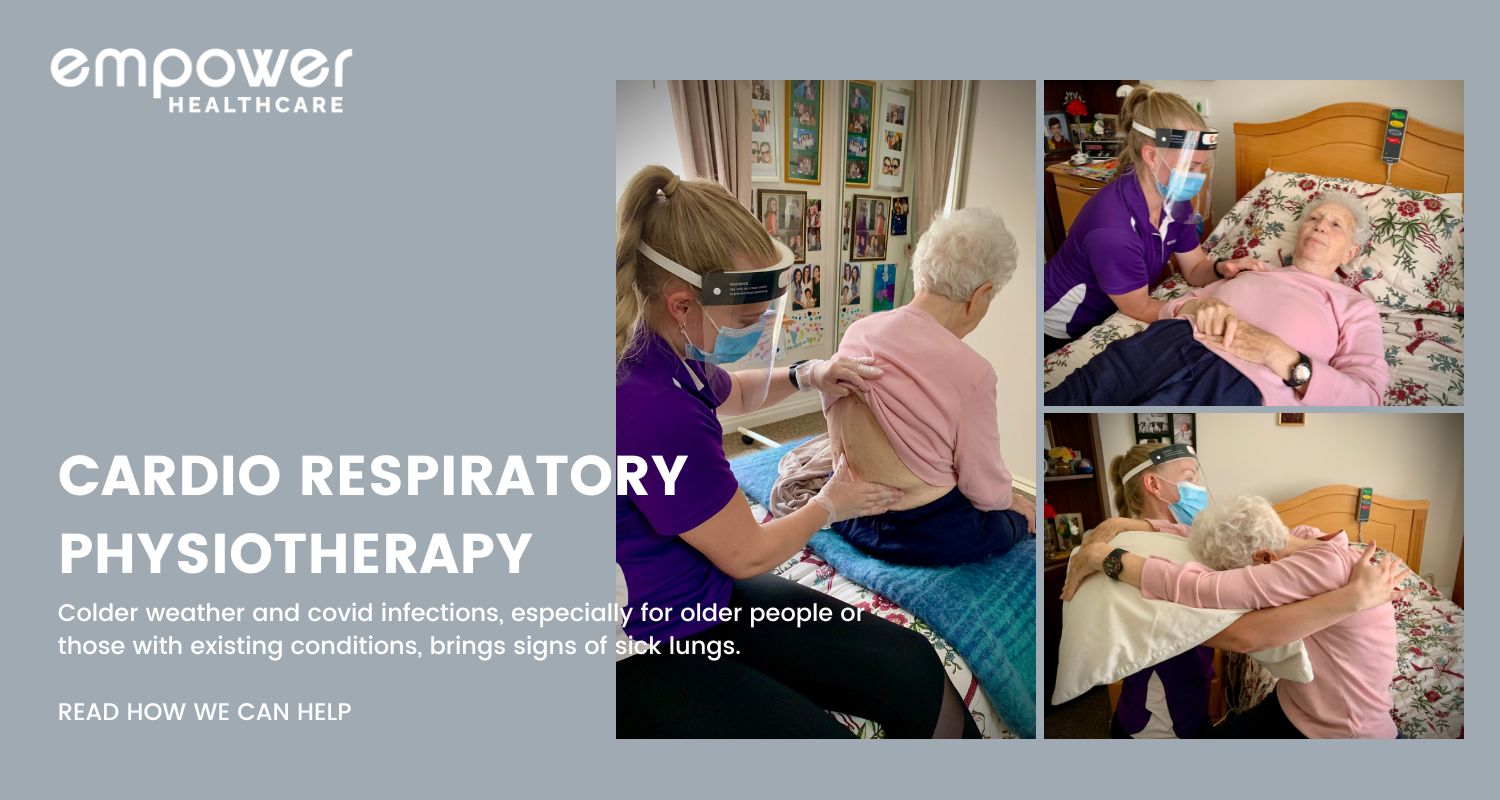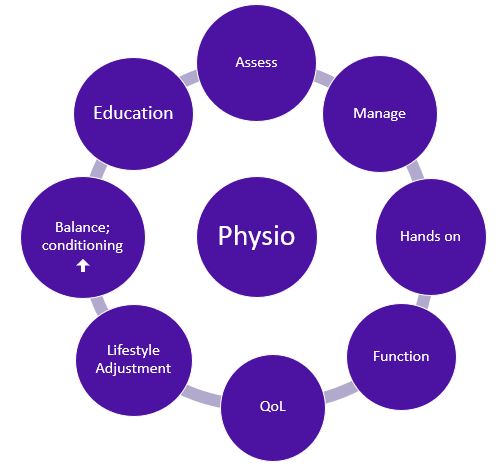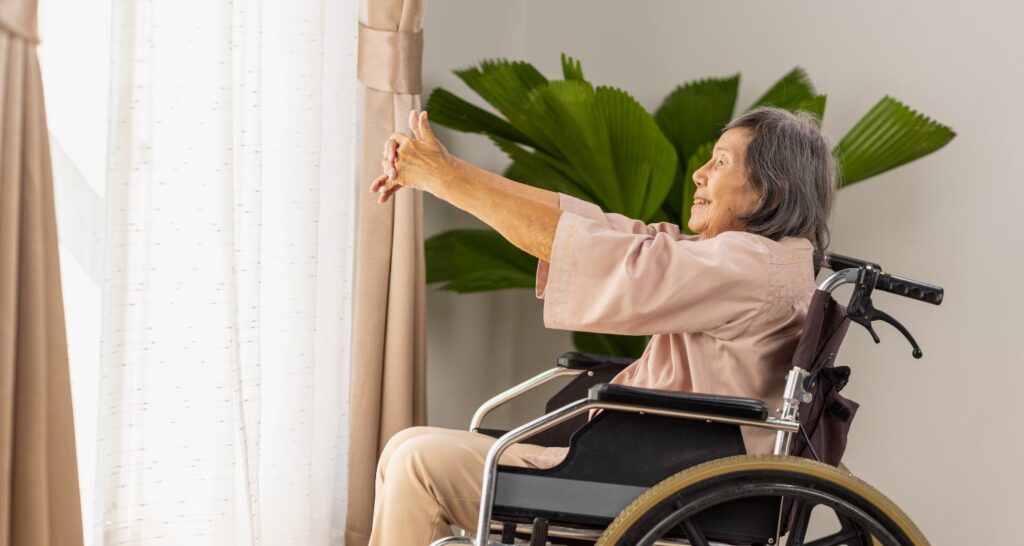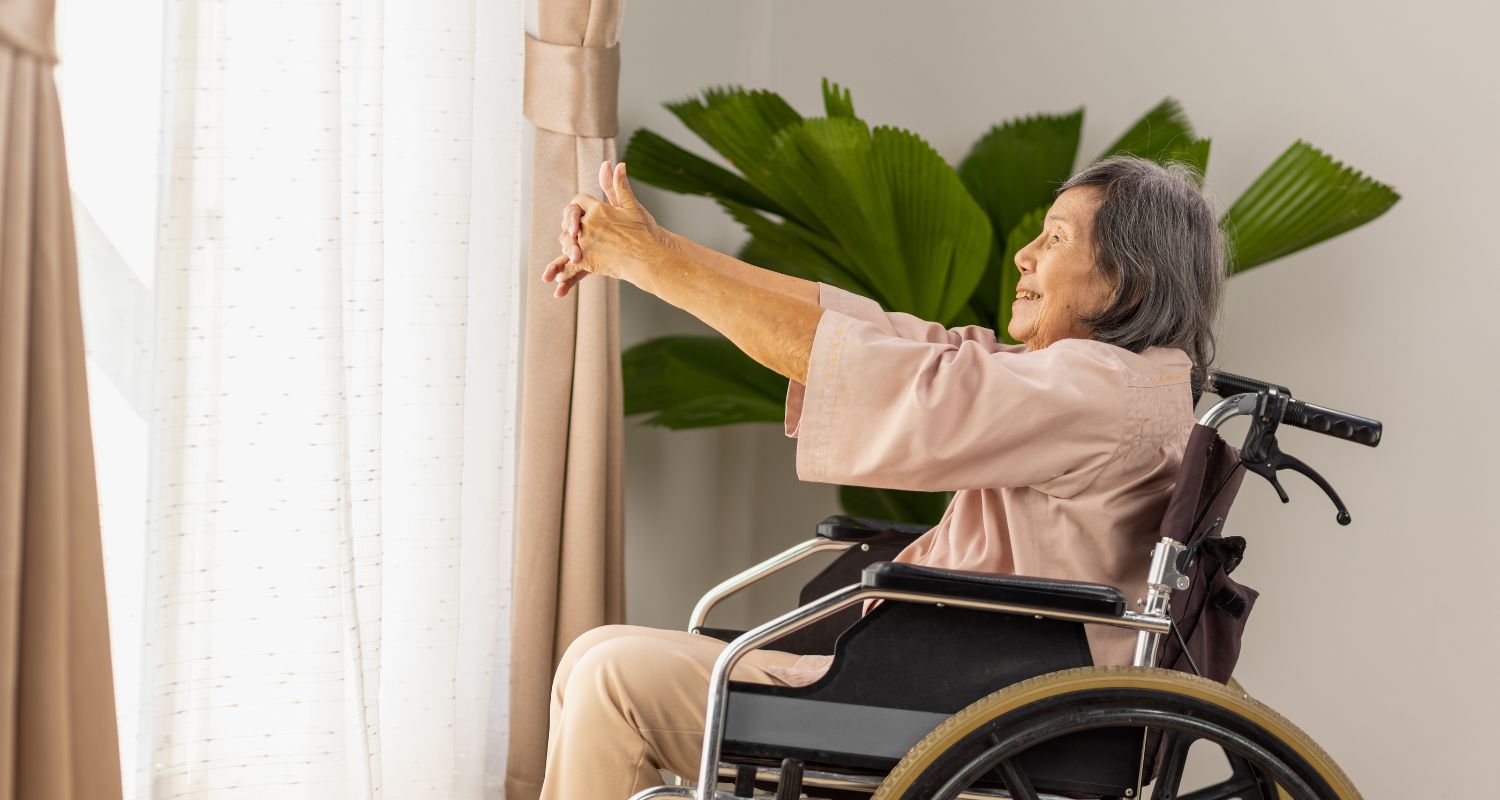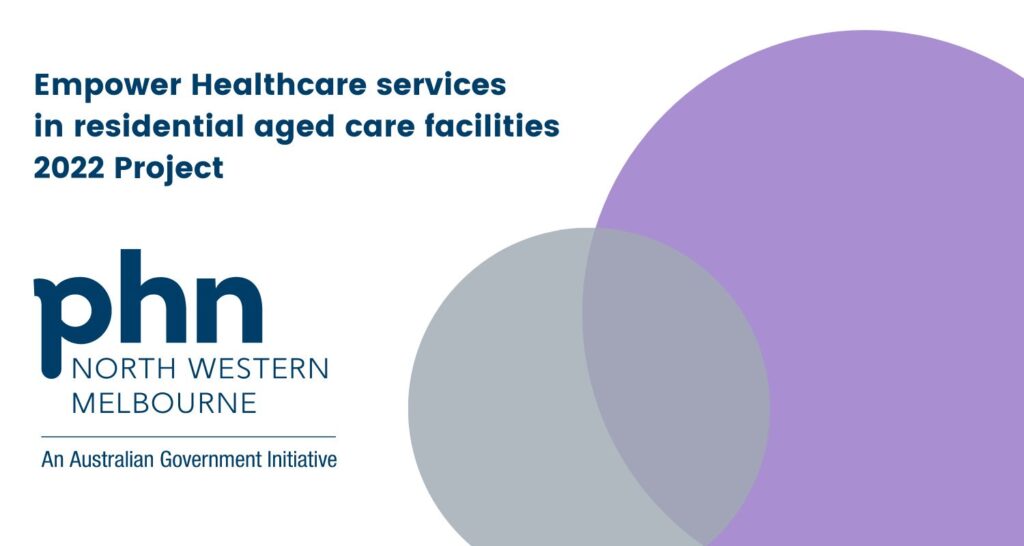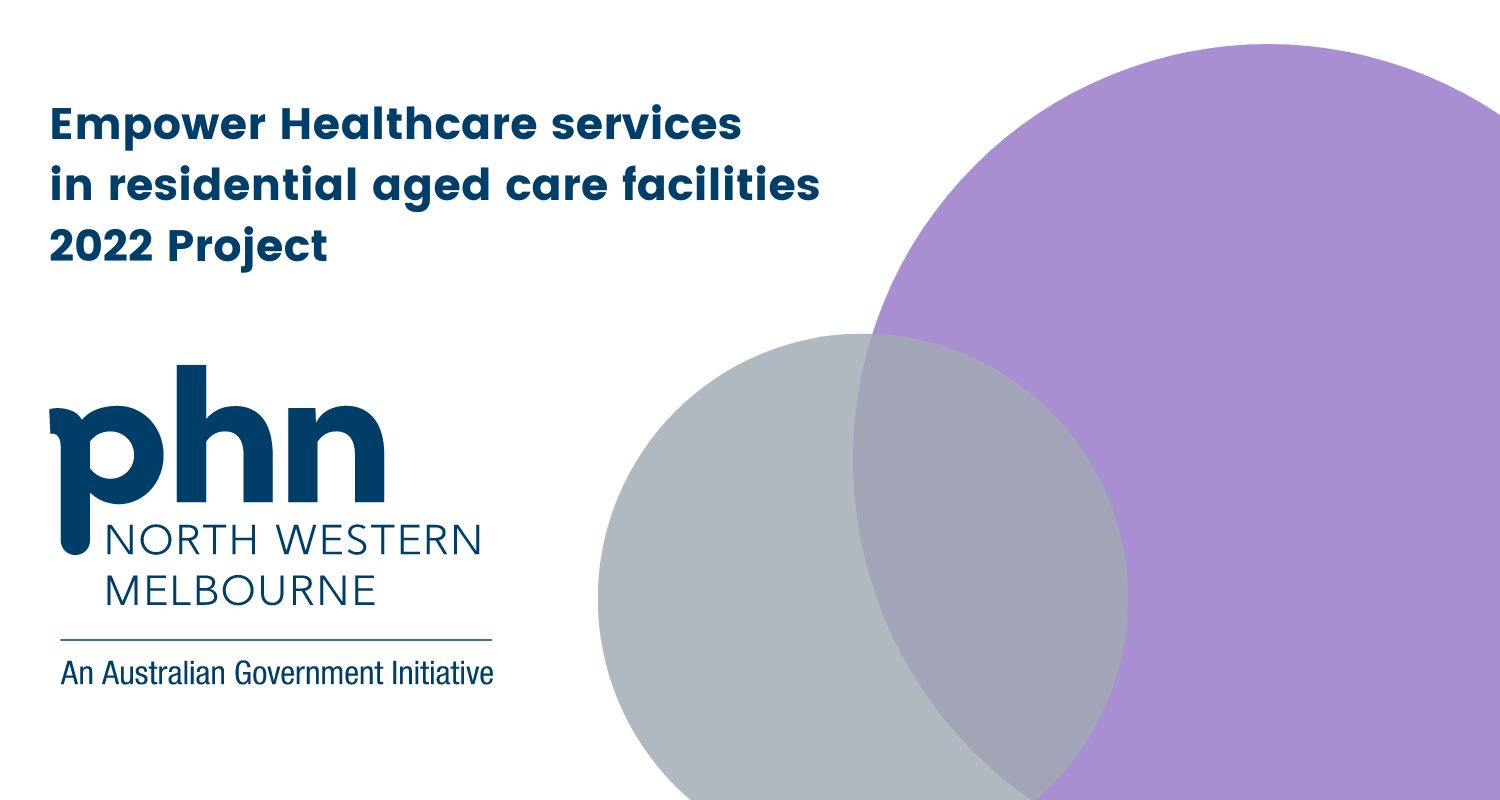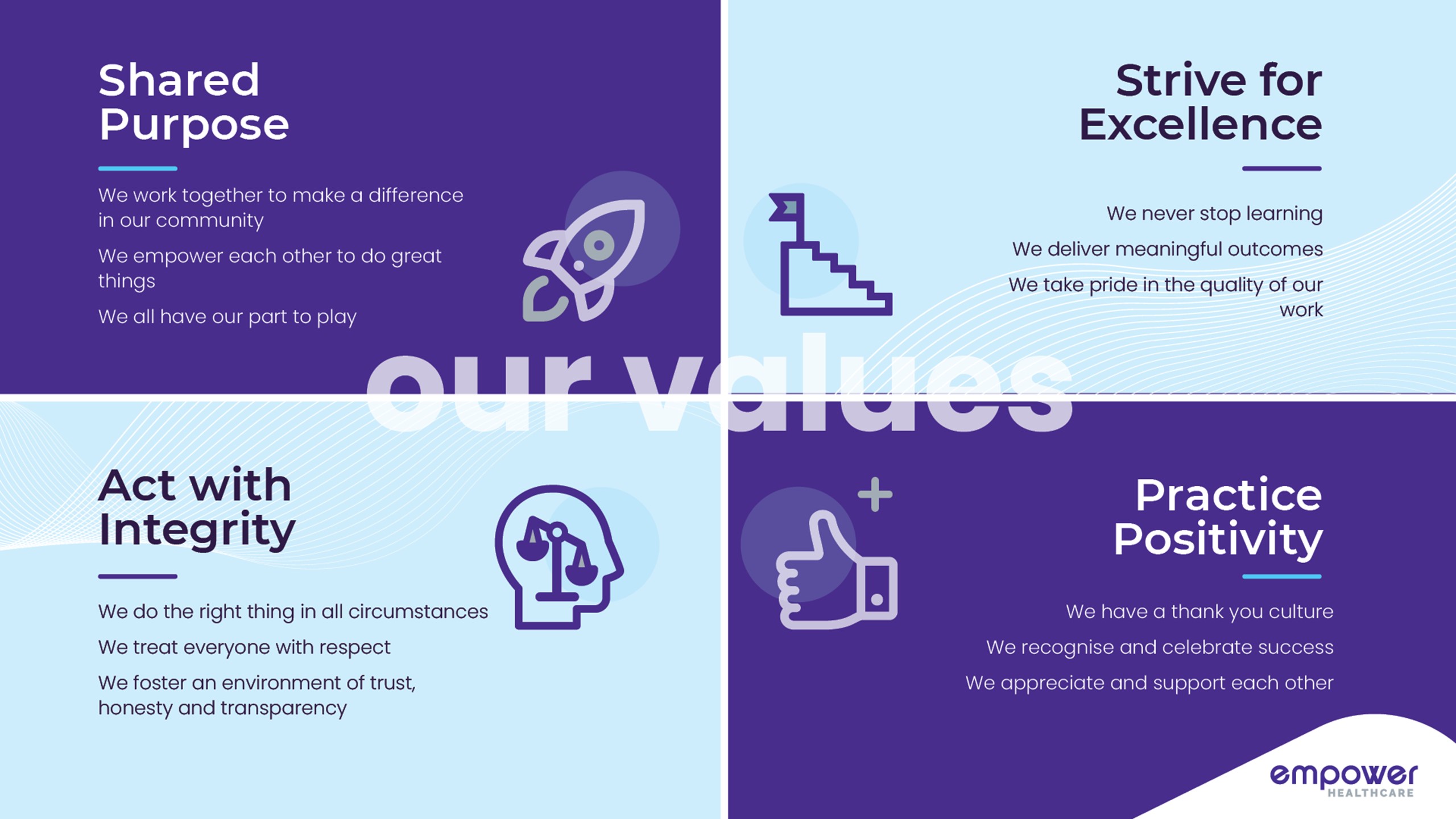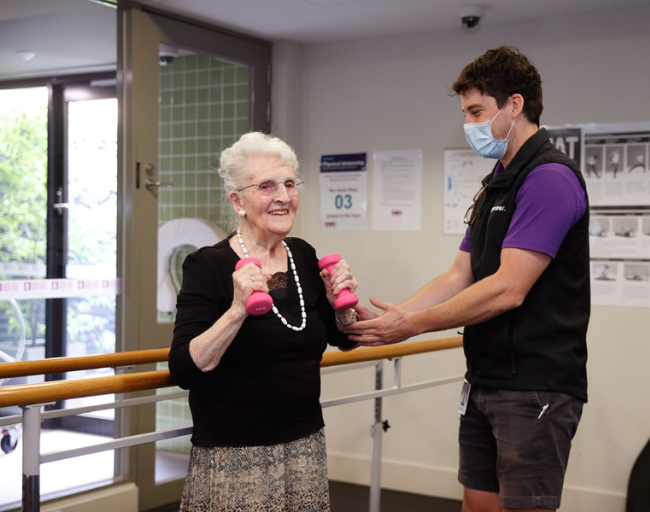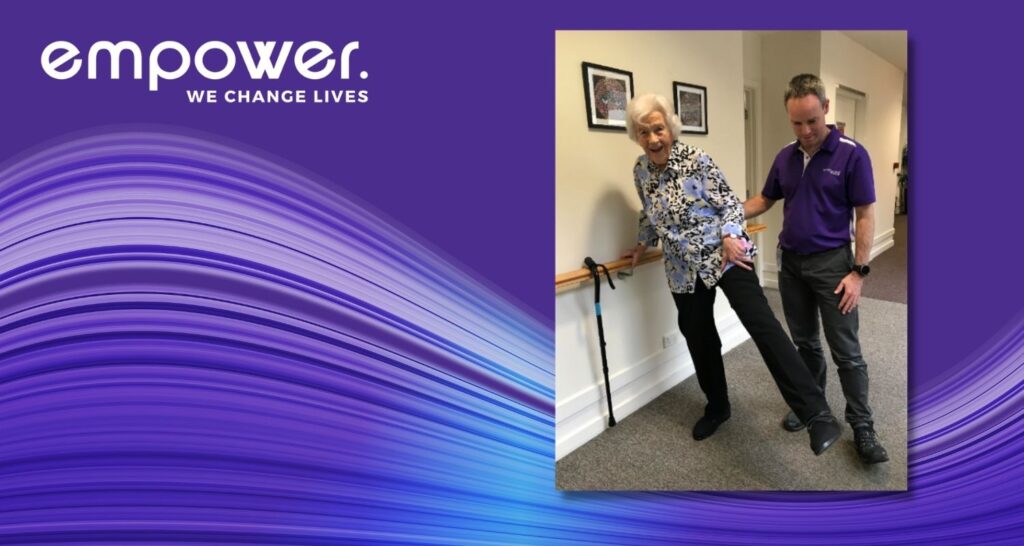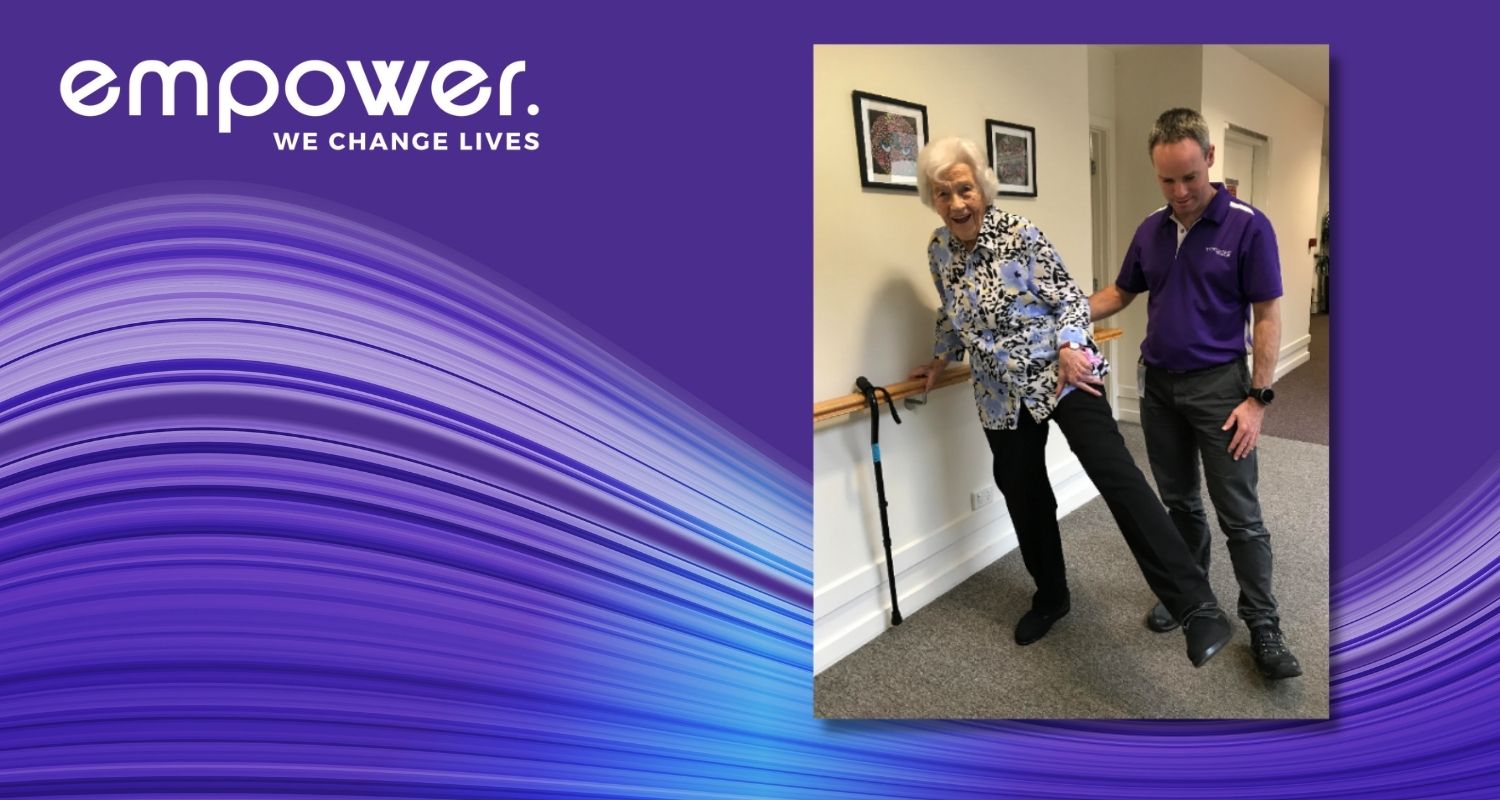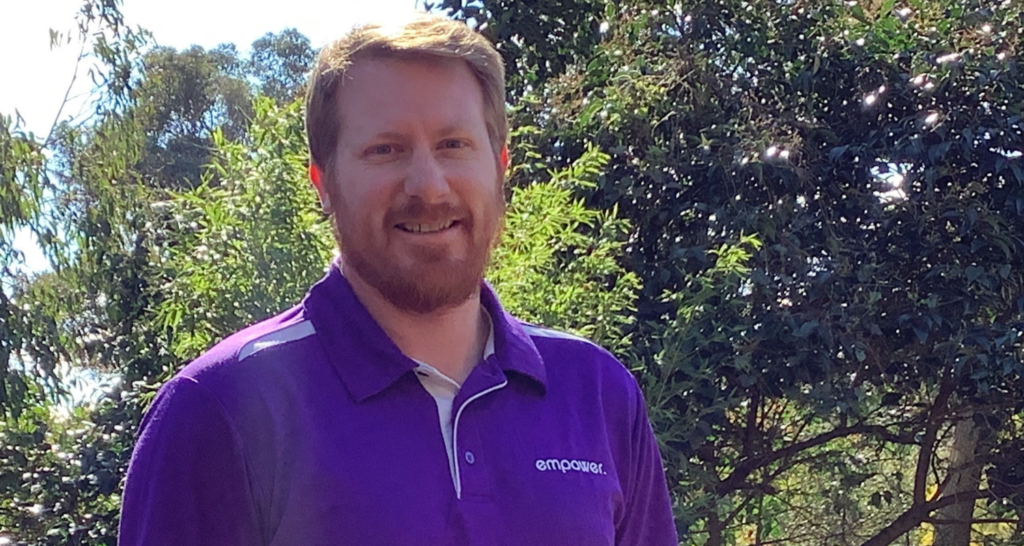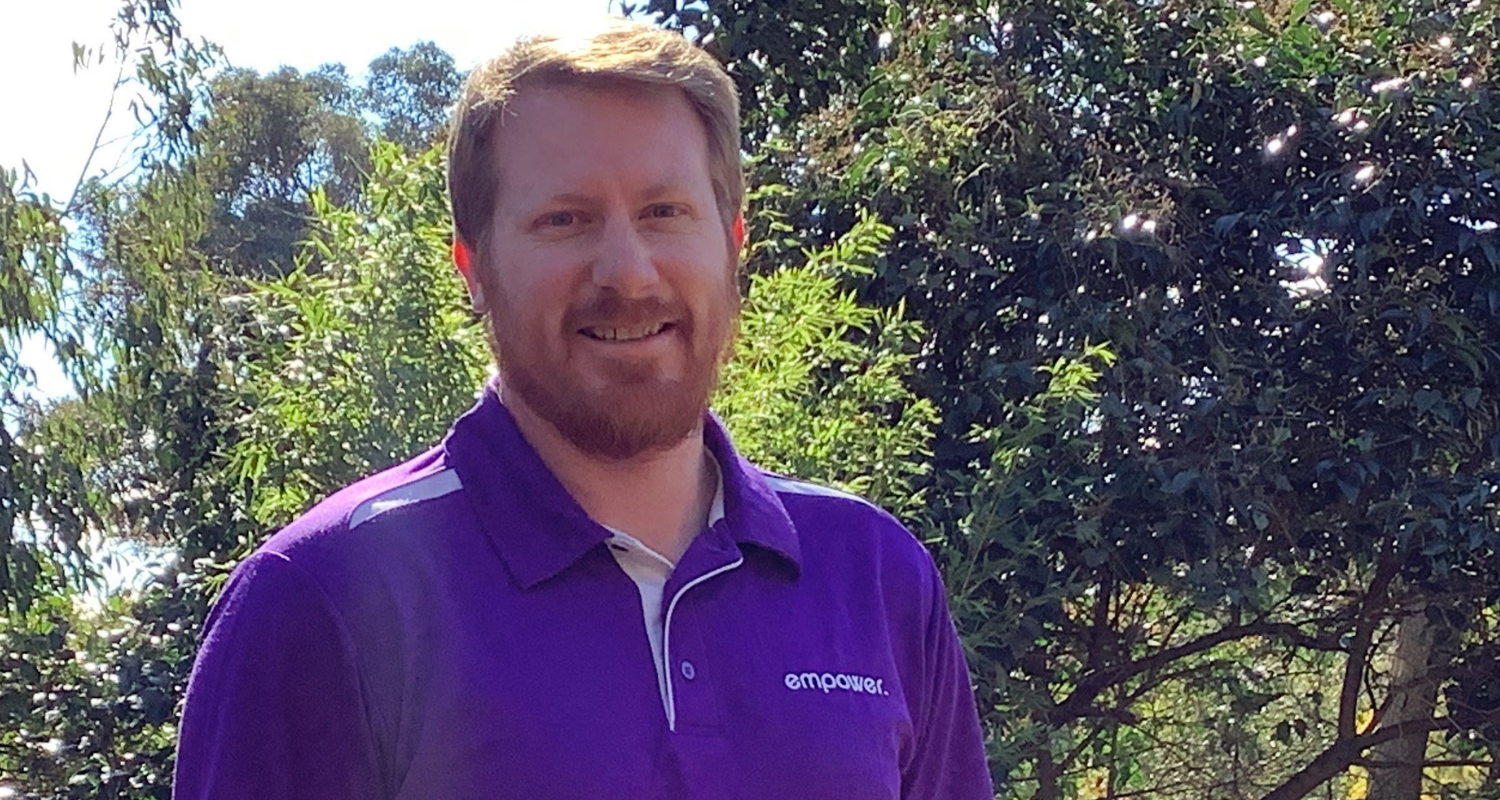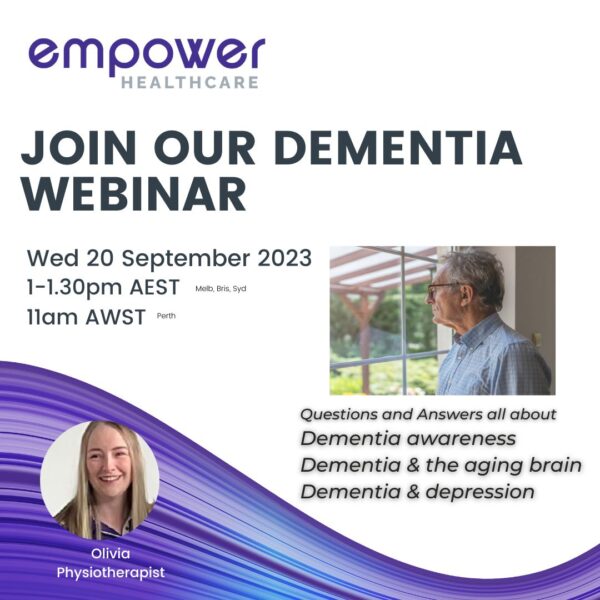Dementia is the second leading cause of death in the general Australian population, with 1 in 10 people over the age of 65 living with this condition.
Empower clinicians have the privilege of working with people with Dementia to support them and their families to live their best lives.
Educating the families and communities about the needs of people living with dementia allows a more dementia-friendly conscious society.
Communities that take action to become dementia-friendly have:
- Less fear and a greater understanding of dementia
- Less stigma and discrimination
- More support and better systems for people living with dementia to live well in their community for longer
Dementia is an umbrella term used to describe a variety of conditions which effect the brain and its functions. It can affect individuals cognitively, physically and socially.
The four most common types of Dementia people are diagnosed with are:
- Alzheimer’s disease (60-80%)
- Vascular dementia (5-10%)
- Lewy body disease (5-10%)
- Frontal temporal dementia (5-10%)
Early warning signs
- Memory loss that effects day to day function
- Increasing confusion
- Reduced concentration
- Personality or behaviour changes
- Apathy, withdrawal or depression
- Cognitive decline
- Physical changes
- Loss of ability to do everyday tasks
Not only does Dementia have cognitive effects, it also effects people physically and socially and in all aspects of life. This is why it is so important to ensure Dementia is managed by a comprehensive multidisciplinary team. Empower provides quality interdisciplinary collaboration and understanding about when a referral to another service is needed.
As well as the above it is important the client is seen regularly by a competent medical team often made up of a geriatrician, neurologist and various other psychiatric practitioners
Further support networks
- Dementia Support Australia: www.dementia.com.au
- 24-Hour help 1800 699 799
- Dementia Australia: www.dementia.org.au
- National dementia helpline – 1800 100 500
- Alzheimer’s Association: www.alz.org
- Local support groups
- Alzheimer association
- Lifeline Australia: www.lifeline.org.au
- 24 Hour help 13 11 14 or SMS 0477 13 11 14
Get Started With Our Home Care & NDIS Services
Simply click on the image below for our referral form.
MORE BLOGS
…

